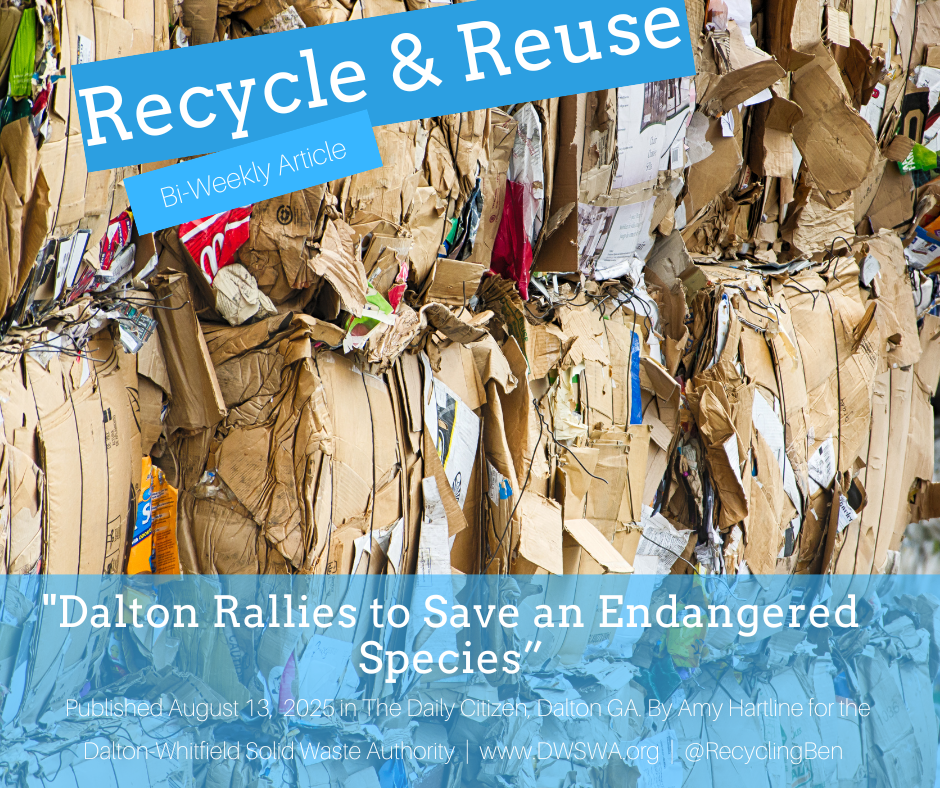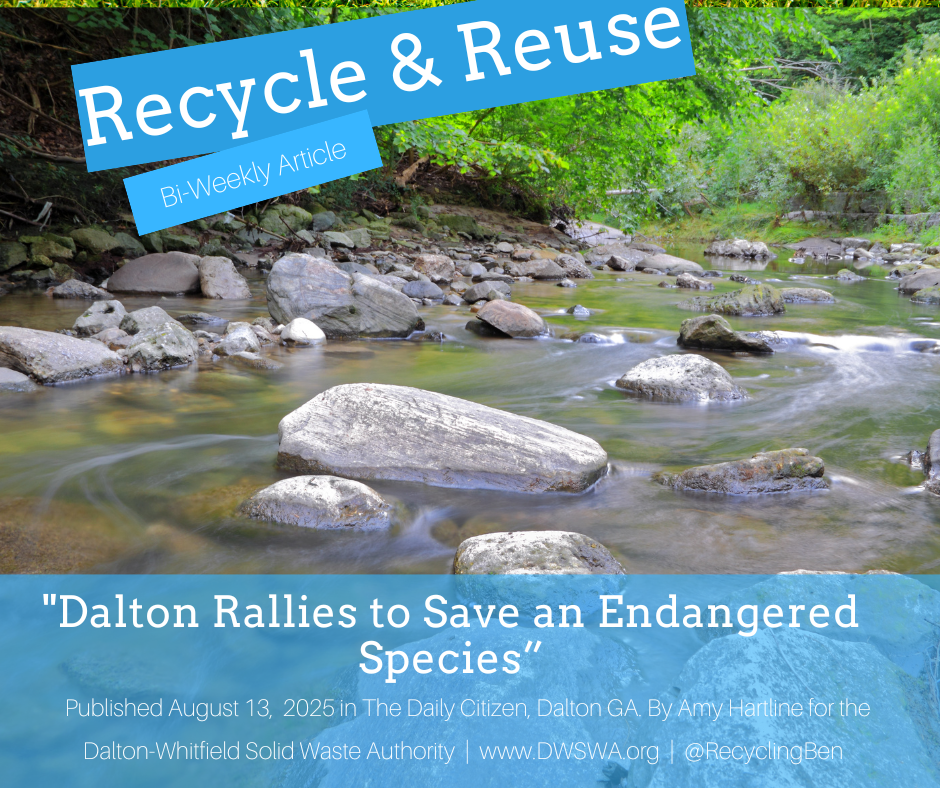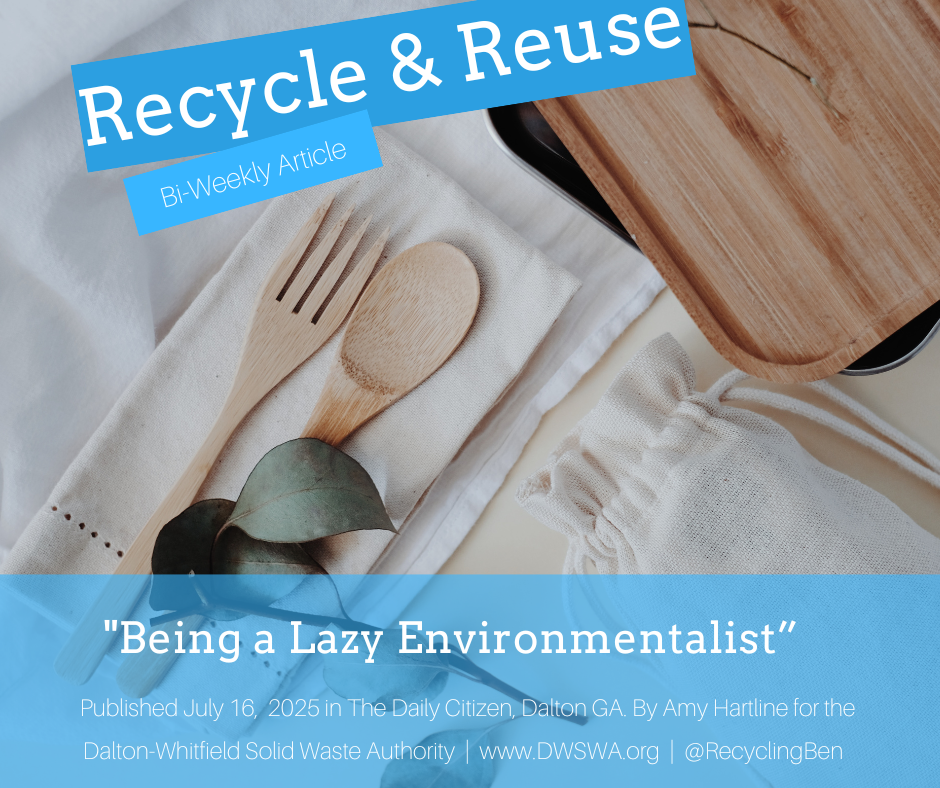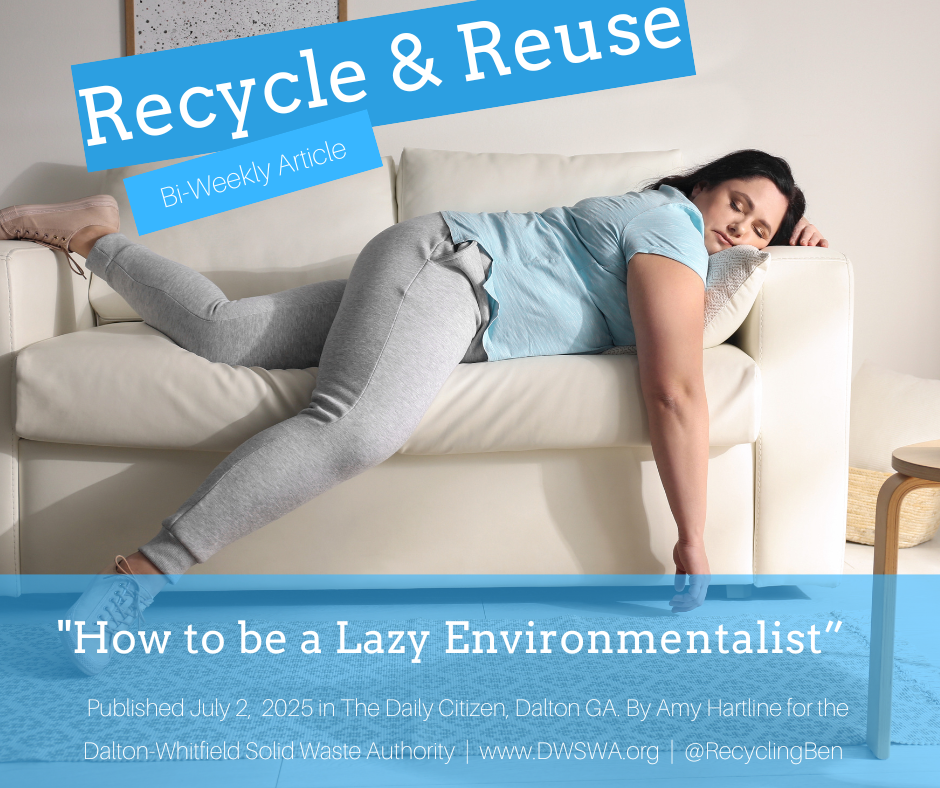Recycle successfully at home with these tips
/Recycling in Georgia helps us decrease our landfill space, create jobs and saves natural resources.
All of the plastic sanitizer bottles from 2020 can easily go in your home recycling bin.
The best place to start working on your recycling habits is usually right from home. As many people have spent more time at home over the past year, many of them have found that their systems for dealing with their recycling or waste aren’t as good as they could be.
Focusing on recycling at home specifically let’s us tackle one of the biggest places that we create our waste. Typically, we also have the most control over where our waste generated at home goes. We get to decide where we bring our recycling and how much we are able to reduce our trash. There are also some recyclables that you’ll probably only come across at home. You won’t typically have to dispose of an empty shampoo bottle, empty cereal box or used milk jug while out and about, but you’ll come across these items regularly at home. Making sure we are managing these items has become especially important as people spend more time at home during the pandemic.
There is no one “right” system for recycling at home. What works best for one person might not work for another, and what you can decide the routines. The best way to get started is by going to dwswa.org/recycling-101 and downloading the guide for city curbside recycling or convenience center recycling, depending on which you will use. You can even download labels from here if you need them.
Next, set up your own station or system for recycling. There are plenty of methods for collection at home. Curated Life, an organizing business in Dalton, set up stackable bins and labeled each bin for a different type of recycling. My mom uses a singular trash can set up next to the kitchen trash can to catch all recycling. I use two plastic totes with lids and handles so I can easily take them back and forth to work and they don’t take up too much space at home. Now collect recycling and find out which center is closest to you for drop off or when your recycling pick up day is.
If you like to track your habits like I do or have kids at home, you may find it beneficial to create a chart that you mark every time you fill up your recycling bin. This way you can set recycling goals for your household and reward yourself when you reach them! It also lets you estimate your impact on limiting our landfill usage and helping the environment.
When starting to recycle at home, it’s important to remember what not to do as well. Make sure you are only collecting plastic bottles and jugs and not trying to recycle plastic wrap, to-go containers or Solo cups. These items are made with a different process and cannot be collected for recycling. Also, make sure that food isn’t making it into your bin. While a little residue is not a problem, significant amounts of food or leftovers can contaminate a whole load of recycling. Lastly, do not put your glass recycling in the curbside bin. Instead, collect it in a separate bin or bag and take it to your nearest convenience center.
The Georgia Recycling Coalition which helps support the industry of recycling in Georgia has said that recycling in the U.S. supplies more than 130 million tons annually of scrap metals, paper, electronics, plastics, rubber, glass and textiles for manufacturing into new products. By having a good routine to recycle at home, we can help contribute to those tons instead of putting them in the landfill. This way we can help our environment every day from the comfort of our homes.
Amy Hartline is the recycling and education program coordinator for the Dalton-Whitfield Solid Waste Authority. Have a recycling question? Contact her at (706) 278-5001 or at ahartline@dwswa.org.
































